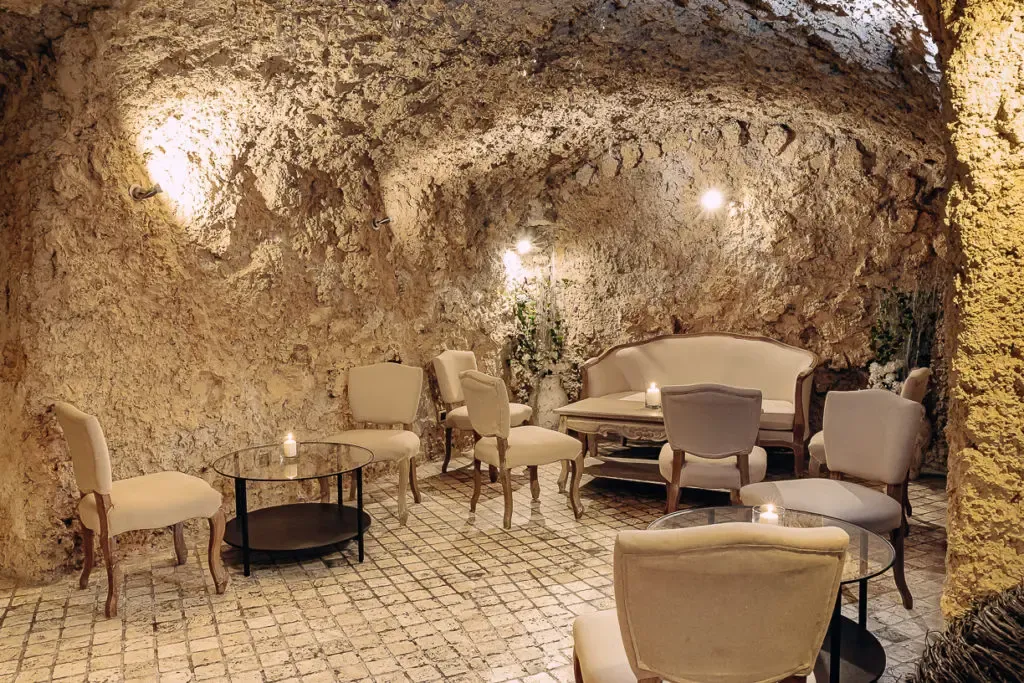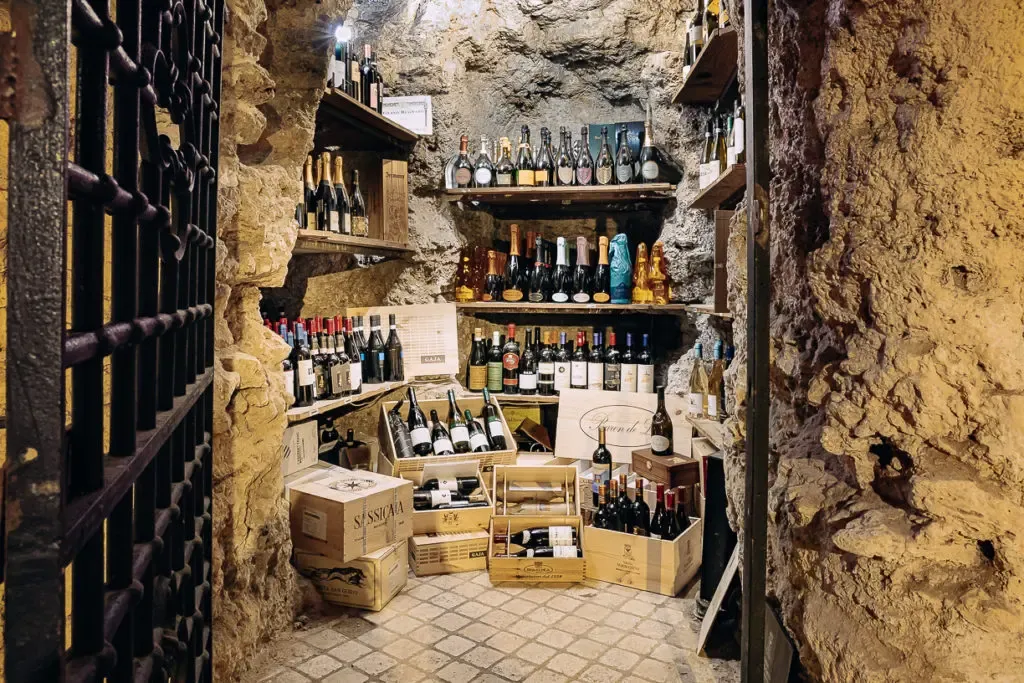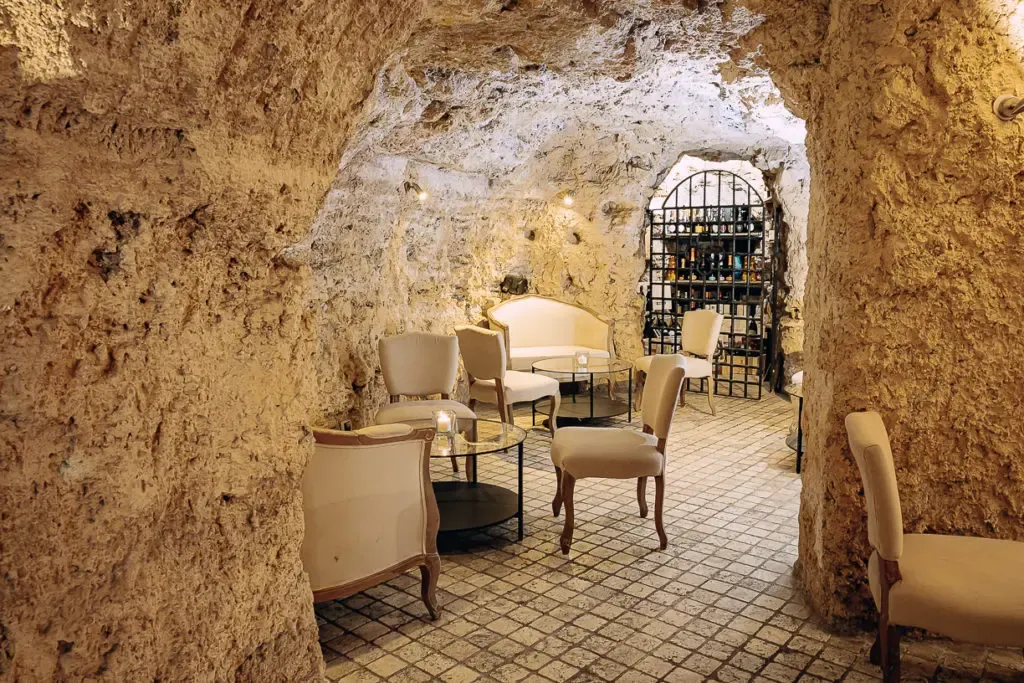A history, that of Consolini Restaurant, full of suggestions. Among them, the most obvious is the so-called “Cacus Caves” shrouded in a mysterious legend that not everyone knows.
According to what has been handed down to the present day, these caves saw Hercules fight and win, in a clash against Vulcan’s son, Cacus, a mythological character from ancient Roman tradition.
A past that coexists with the modernity of a cocktail bar and traditional and innovative cuisine.
Consolini Restaurant: a legendary past
The scene of the legendary victory of Hercules against Vulcan’s son Cacus, and later the site of the ancient river port warehouses for the storage of valuable spices, the Caves are one of the most fascinating rooms in Consolini’s Restaurant.
Cacus is said to have been an ancient fire deity, endowed with prodigious strength and three fire-spewing heads. He lived in a cave on the Aventine Hill, in the region where Rome was founded, and terrorized his neighbors with his thefts.
Memorable among them was the theft of part of the herd of oxen that Hercules had in turn stolen from the monster Geryon. A theft that aroused the wrath of the hero, who immediately set out to find the brigand. An arduous task, as Cacus’ cunning had led him to drag the beasts into his cave by the tail so that the footprints would point in the opposite direction.
Hercules was able to discover the hiding place, propped up by a huge boulder, only when one of the beasts answered his call. The monster tried to defend itself by vomiting from its jaws an immense smoke that enveloped the cave in a dark haze. The hero leapt through the fire, grabbed Cacus and killed him, squeezing him until his eyes popped out of their sockets.

A myth told by the great poets of antiquity
The myth has always attracted the attention of poets and writers throughout history.
Virgil, in the Aeneid, speaks of Cacus as a fire-breathing monster. Livy and Horace describe him as a shepherd. Dante Alighieri, in the 25th canto of hell, sets one of the most memorable passages of the Divine Comedy precisely in the caves located under the Aventine. Here he encounters Cacus, among thieves, describing him as a centaur spewing flames from his shoulders, his body enveloped in many snakes.
A unique multisensory experience within walking distance of the center of Rome
Such a legendary past still lives on in the present of Ristorante Consolini, inevitably linked to Rome and its history.
It thus becomes possible to dine or sip a drink inside the Grottoes, a cultural heritage with timeless charm. Charm increased by the natural wine cellar carved out of a part of the cave, in which the most prestigious bottles of the Restaurant’s Wine List are stored. It is also possible to organize small events inside the caves, up to a maximum of twelve people: a unique backdrop for celebrations of all kinds.

What are you waiting for? Live a unique and suggestive experience just a few steps from the center of Rome.

